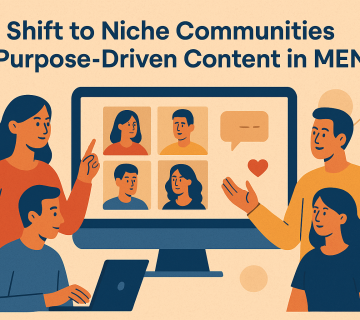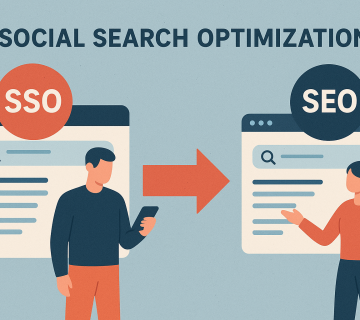Social media has become an integral part of our daily lives, with billions of people around the world using social media platforms to connect with others, share information, and consume content. For businesses, social media can be a powerful tool for driving brand awareness, engagement, and sales. In particular, social media has had a significant impact on e-commerce, with many businesses using social media to drive traffic to their e-commerce websites and boost sales. Here are some ways in which social media is impacting e-commerce:
Increased brand awareness
Firstly, Social media allows businesses to reach a larger audience and build brand awareness. By creating engaging content and interacting with their followers, businesses can increase their visibility and attract new customers to their e-commerce websites.
Customer engagement
Secondly, Social media provides businesses with an opportunity to engage with their customers in a more personal and meaningful way. By responding to comments and messages, businesses can build relationships with their customers and create a loyal following.
Product discovery
Thirdly, Social media platforms like Instagram are highly visual, making them ideal for showcasing products and driving product discovery. By creating visually appealing content and using hashtags, businesses can attract new customers to their e-commerce websites.
Influencer marketing
Fourthly, Influencer marketing has become a popular way for businesses to reach new audiences and drive sales. By partnering with influencers, businesses can tap into their followers and promote their products to a highly engaged audience.
Social commerce
Fifthly, Social media platforms like Facebook and Instagram are increasingly offering social commerce features, allowing businesses to sell products directly within the platform. This makes it easier for customers to discover and purchase products, and can lead to increased sales for businesses.
User-generated content
And then, User-generated content, such as customer reviews and photos, can be a powerful tool for driving sales. By featuring user-generated content on their e-commerce websites and social media channels, businesses can build trust with their customers and encourage them to make a purchase.
Retargeting
Finally, Social media platforms allow businesses to retarget customers who have shown an interest in their products. This can help to remind customers about products they may have forgotten, and encourage them to complete a purchase.
Conclusion
In conclusion, social media has had a significant impact on e-commerce, allowing businesses to reach new audiences, drive sales, and build relationships with their customers. By creating engaging content, utilizing social commerce features, and leveraging user-generated content and influencer marketing, businesses can tap into the power of social media to grow their e-commerce businesses.




